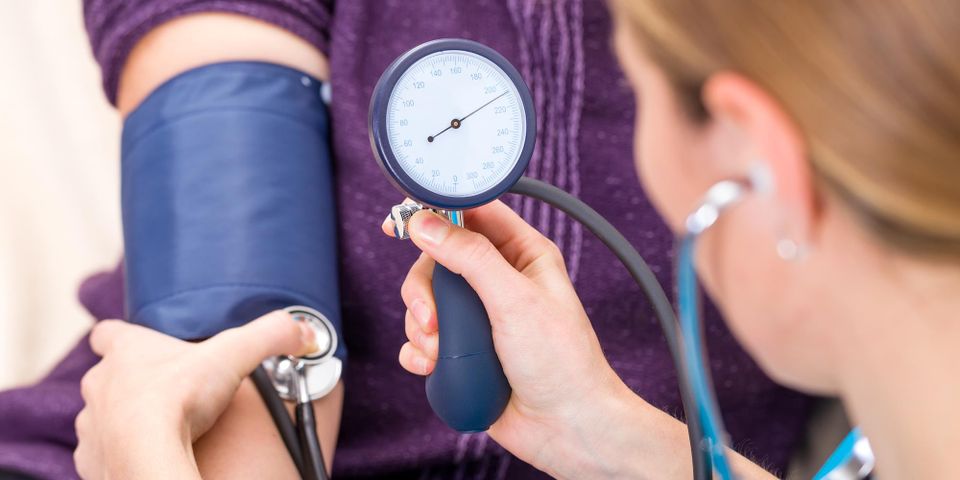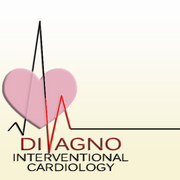Why Are Cardiac Screenings Important?

When it comes to protecting your health, having cardiac screenings regularly can reveal potential problems to you and your physician. Catching disease warning signs early can help you to live a long and healthy life. Below are a few reasons why heart doctors recommend frequent screenings.
Understanding the Value of Cardiac Screenings
1. Identifying Risk Factors
Cardiac screenings enable doctors to identify heart disease risk factors, such as high blood pressure, high cholesterol, obesity, and diabetes. By knowing what factors impact a patient, doctors can work with them to make specific changes in their lifestyle, eating, and exercise habits to improve their health.
2. Educating Patients
 Cardiac care specialists know that screenings are necessary for educating patients about heart conditions and recommending appropriate treatment to curb or prevent symptoms. For example, a calcium scoring test can detect calcium plaque buildup on artery walls. Physicians use this test to help patients at medium risk for heart disease estimate the risk of a stroke or heart attack so that they can make lifestyle adjustments.
Cardiac care specialists know that screenings are necessary for educating patients about heart conditions and recommending appropriate treatment to curb or prevent symptoms. For example, a calcium scoring test can detect calcium plaque buildup on artery walls. Physicians use this test to help patients at medium risk for heart disease estimate the risk of a stroke or heart attack so that they can make lifestyle adjustments.
3. Identifying Reasons for Symptoms
Specific symptoms prompt cardiac care specialists to recommend particular screenings. Patients with heavy or irregular heartbeats, chest pain, shortness of breath, or a history of family members with heart disease, may benefit from an exercise stress test. This stress test shows abnormal changes in the heart during exercise. Patients with those symptoms can also benefit from an echocardiogram (ECG). An ECG ultrasound test allows doctors to determine whether unusual conditions exist in the heart’s shape, size, chambers, walls, or blood vessels.
Based in Bergen County, NJ, Dr. Leonard DiVagno and the cardiac care team at DiVagno Interventional Cardiology, MD, PA, empower patients in their fight against heart disease. Patient-centered and compassionate, these cardiovascular disease specialists use cardiac screenings to provide advanced guidance, so patients understand their risks and make informed decisions about their care and treatment. For more information about their services, including cardiac MRIs, coronary stents, and nuclear stress tests, visit their website. Call (201) 845-3535 today to schedule a consultation appointment.
About the Business


